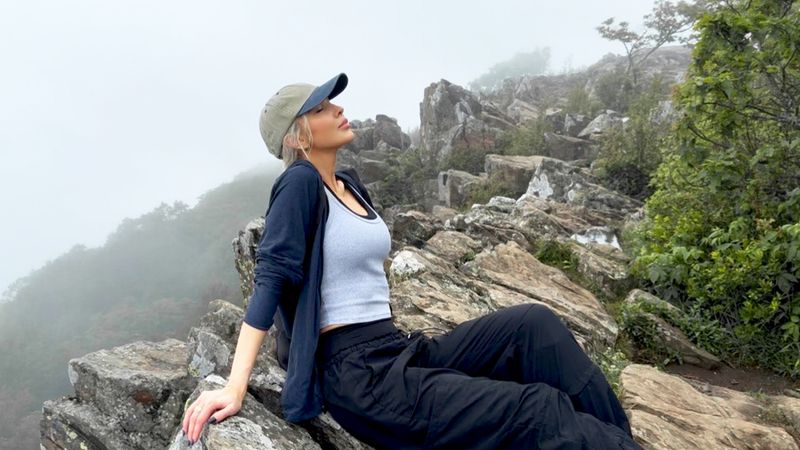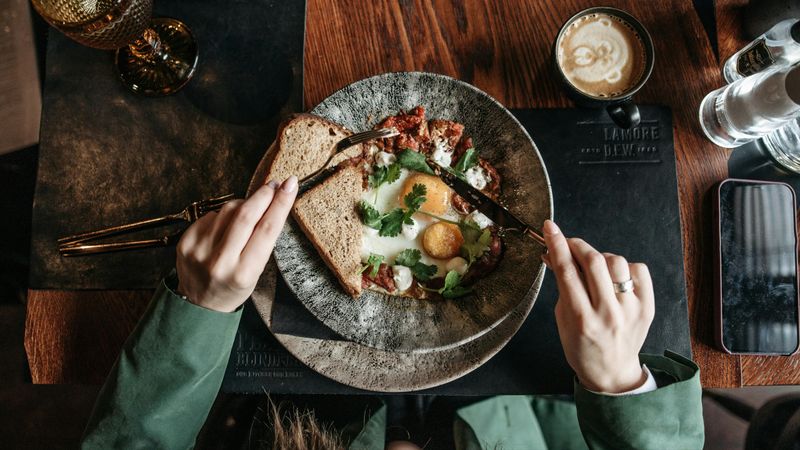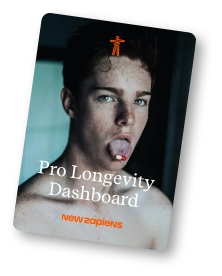The connection between sleep hygiene, wellness and longevity

Ever feel like you're running on fumes? Well, you are not alone. In today's fast-paced world, sleep is often neglected which is the most crucial aspect of wellness but this article is going to spill all the secrets of how sleep isn't just a luxury, it's the foundation of a vibrant, long life.
This is where sleep hygiene matters. It is simply the science of optimizing your sleep environment and habits for maximum energy and rejuvenation. Think of it as your personalized sleep recipe, carefully crafted to help you drift off peacefully and wake up feeling refreshed and ready to conquer the day.
How to incorporate sleep hygiene into daily routine?
Imagine waking up feeling energized and alert, your mind sharp and your mood sunny. Sounds like a dream, right? With practicing the right sleep hygiene habits, it can become your reality.
Here's the breakdown:
- Consistency is Key: You might have heard, 'early to bed, early to rise, makes a man, healthy, wealthy and wise'. This phrase sums up the whole meaning of wellness in it. Your body loves routine, and a consistent sleep-wake cycle regulates the internal clock, which makes it easier to fall asleep and wake up feeling refreshed. Treat your sleep schedule like a sacred ritual. Go to bed and wake up around the same time each day, even on weekends.
- Bedroom Bliss: Create a cool, dark, quiet and calm atmosphere in your bedroom, it should be your sanctuary, a haven of tranquility. Invest in a comfortable mattress and pillows, and restrict yourself from distractions like phones and TVs.
- Tech Detox: Limit technology exposure, and set boundaries and timings. The blue light emitted from screens can wreak havoc on your sleep. Power down devices at least an hour before bed and replace them with relaxing activities like a warm bath, reading, or gentle stretching.
- Stimulant Smart: Avoid intake of substances that can interfere with your sleep cycles, such as caffeine and alcohol in the evening.
- Relaxation Rituals: Make a calming ritual before bed, try deep breathing exercises, meditation, or listening to soothing music. These practices signal to your body that it's time to relax and prepare for sleep.
Beyond sweet dreams: the ripple effect
Now, you might be wondering, "Why is sleep such a big deal?" Well, the benefits go far beyond feeling rested.
- Boost Your Brainpower: Sleep is when your brain relaxes, consolidates memories and processes information. Think of it as your brain's nightly reboot.
- Emotional Resilience: A good night's sleep helps regulate your emotions, keeping stress and anxiety at bay.
- Supercharge Your Health: Quality sleep supports a robust immune system, helps maintain a healthy weight, and even reduces the risk of chronic diseases like heart disease and diabetes.
Longevity: the ultimate sleep goal
Want to live a longer, healthier life? Prioritize sleep! Studies show that consistent, quality sleep is linked to increased longevity and a lower risk of age-related diseases.
But it's not just about the quantity of sleep, it's about the quality.
- Deep Sleep Matters: Deep sleep is crucial for physical and mental restoration.
- Consistency is Key: Maintaining a consistent sleep schedule throughout your life is associated with healthier aging.
Sleep hygiene: a lifelong habit
Incorporating sleep hygiene into your daily routine is an investment in your overall well-being. It's about creating a holistic approach to health that prioritizes rest and rejuvenation.
Remember: Sleep is not a luxury, it's a necessity. So, prioritize those Zzz's and reap the incredible rewards of a well-rested mind and body.
References
Author: Batool Hassan
A health enthusiat making great impact by embracing healthier habits and lifestyle. The goal is to be the best version of myself.




